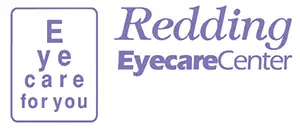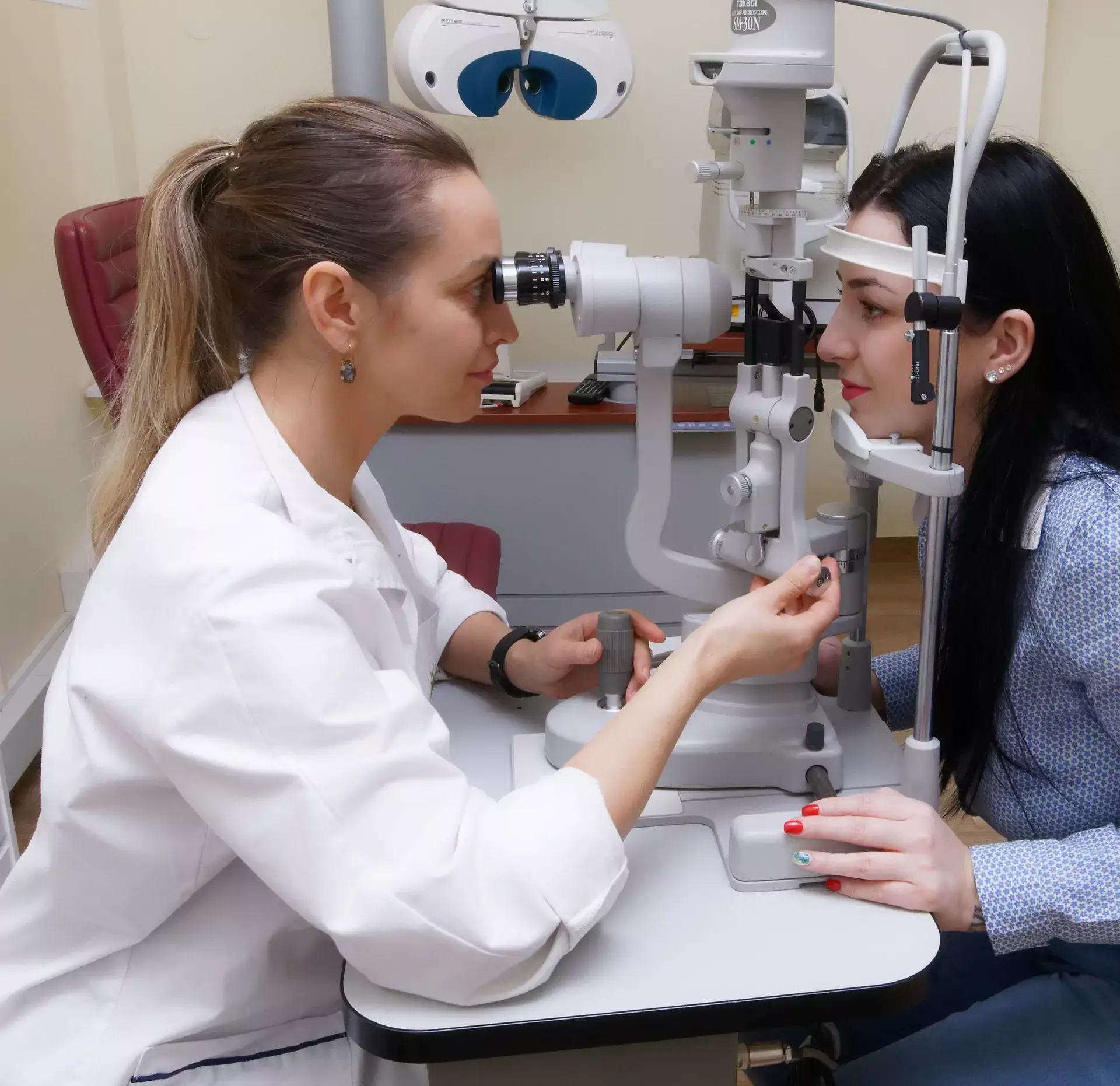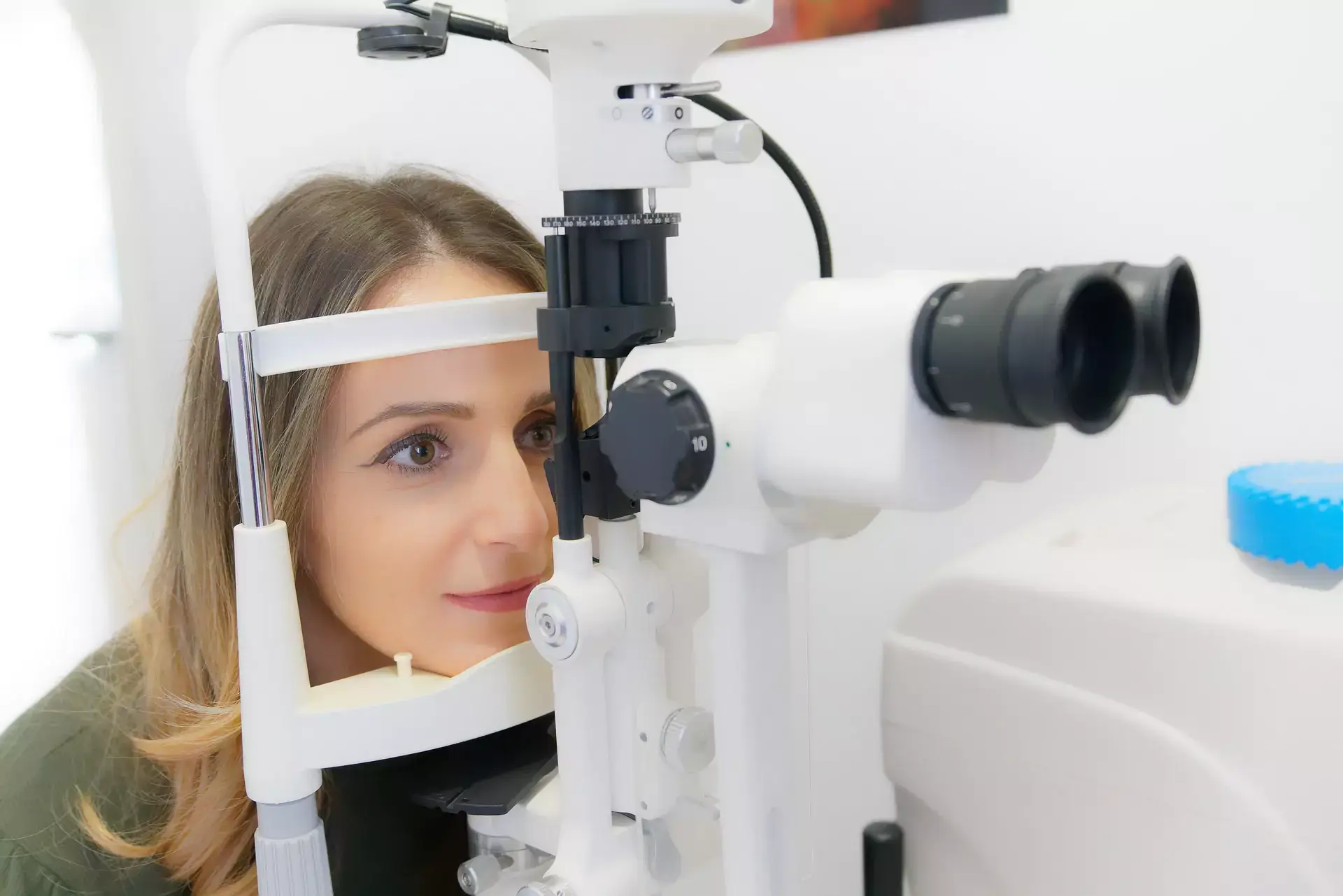Things That Can Harm Your Vision
Have you had your eyes examined recently? If not, you might be overdue for an exam. Regular eye exams are one of the most effective ways to protect your eyes. However, this is not the only way to safeguard your eyes. You can also take more simple steps to prevent vision deterioration. In this article, a local Redding CA optometrist discusses a few of the most important things to avoid.
Smoking
Smoking is one of the most harmful things you can do to your body. It’s also terrible for your eyes. Research has connected smoking to a variety of eye issues, including macular degeneration and cataracts. If you smoke, talk to your doctor about alternative ways to help you quit.
Eye Fatigue
Many people today spend long hours of their days looking at the screens of computers and/or cell phones. This can negatively impact your vision. Give your eyes regular breaks, even if it’s as simple as looking away from your screen for a few minutes. Try the 20/20/20 rule: every 20 minutes, look at something 20 feet away for 20 seconds. This gives your eyes a chance to refocus.
Improper Desk Setup
If you work on a computer, take the time to correctly configure your workstation. The lights should not be very bright or dull, and they should not generate glare on your screen. You’d also like your screen to be just below eye level and approximately an arm’s length away.
Using the proper lighting might also make a difference. For more information, consult with your eye doctor.
Poor Nutrition
Proper nutrition is essential for the entire body, but it is especially crucial for your eyes. As the old saying goes, you are what you eat. Making healthy eating choices will benefit you in a variety of ways, including protecting your eyes. Fatty, salty, and sugary foods do not give your body the nutrients it requires to function properly. Eat properly and receive the rewards of improved health, including clearer vision.
Here are some things to include in your diet:
Carrots: You’ve probably previously heard that carrots are excellent for your eyes. Carrots’ orange hue comes from beta-carotene, a kind of vitamin A. Vitamin A is critical for your vision. The eye must be able to create specific pigments in order for your retina to work properly and allow you to view the entire spectrum of light. It also aids in the production of moisture in your eyes, keeping them clean and lubricated. In fact, vitamin A insufficiency is the leading cause of avoidable blindness in children. Every year, up to 500,000 youngsters become blind as a result of this. Do you dislike carrots? Consume a little glass of pure carrot juice every now and then.
Eggs: Eggs have progressed from being praised as good to being judged unhealthy, and eventually reaching top position as a superfood. We believe that the latter is probably best. Egg yolks are high in nutritional value. They contain the previously mentioned lutein and zeaxanthin, as well as a high concentration of zinc. Zinc also helps prevent macular degeneration. Eggs also include nutritious lipids and proteins. No time for breakfast? Add a couple eggs to your salad or keep soft-boiled eggs on hand as a snack. Be sure to avoid overcooking them, as lutein and zeaxanthin can be destroyed by heat. (Plus, you’ll end up with rubbery eggs. Ew.)
Leafy Greens: Kale, spinach, Swiss chard, and collard greens are all good for your vision. These dark leafy vegetables include potent antioxidants such as lutein and zeaxanthin, which can protect your vision. They also improve your eyes’ ability to absorb blue light and have been linked to a lower incidence of macular degeneration and cataracts. Broccoli, Brussels sprouts, and Romaine lettuce are also terrific options.
Fish: Fatty fish, such as salmon, mackerel, and tuna, contain a lot of DHA, a fatty acid that is particularly good for your retina. This also helps to lubricate your eyes. Dry eyes have been associated with low DHA levels. Fish also provides iron and healthful Omega-3 oils, which are all beneficial to your general health. (Bonus: it is also excellent for your heart.)
Fruits and Berries: Berries and citrus fruits, such as oranges, frequently contain significant levels of vitamin C. This can help treat macular degeneration and cataracts. If you have to sneak it in, try infusing some in water or drinking a tiny smoothie every day. At the very least, taking vitamins will ensure that you are obtaining your necessary daily supply.
This is just a partial list. As a quick rule of thumb, we would just suggest eating the rainbow! Make sure your diet includes lots of brightly colored foods.
Not Using Protective Eyewear
Wearing sunglasses is one of the easiest and most efficient ways to protect your eyes. Good eyeglasses will also help prevent wrinkles, so you’ll reap cosmetic benefits as well. All sunglasses are not created equal, so make sure you buy a pair that provides 100% UV protection. Sunglasses aren’t the only sort of eye protection you’ll need; use safety glasses when gardening, doing home repairs, working with tools, or playing sports.
Rub Your Eyes
It’s natural for folks to wipe their eyes. However, were you aware that this can be dangerous? It can cause keratoconus, which is a thinning of the cornea. It also puts more pressure on the eye. For example, if you pressed down on a water balloon, it would expand in a different location from where your hand is. While this is somewhat of an exaggeration, the same principle applies. Unfortunately, this increases the chance of retinal tears or detachment. If you have allergies, you may be exacerbating them, as rubbing the eyes can cause the release of histamine.
Ignoring Symptoms
It is natural for people’s vision to deteriorate over time. Many of us experience this as a natural part of the aging process. However, any alteration in your vision must be taken seriously. Keep an eye out for any warning indications that indicate something is amiss.
This includes the following:
- Blurred vision
- Light Sensitivity
- Red eye
- Headaches
- Double vision
- Floaters
- Tunnel Vision
- Low vision
- Puffy eyes
- Blurry distant objects
- Crossed eyes
- Dry eyes
- Eye itch or discharge
- Eye discomfort
- Halos around lights
- Dilated pupils
- Change in iris color
- Extreme tearing
- Rubbing the eyes
- Dark spots
- Eye strain
These can be signs of a variety of eye disorders. If you notice any of these, or anything else out of the ordinary, call us immediately!
Not Getting Regular Eye Exams
Early diagnosis and treatment are extremely advantageous when dealing with a variety of health issues, including eye difficulties. Common conditions, including eye AMD and glaucoma, can be treated considerably more easily and often more successfully if detected early. Call us for an appointment schedule.
Book An Appointment At Our Redding CA Eye Care Clinic
Has it been a while since your last vision exam? Are you ready for new frames or contacts? Please call us, your neighborhood eye care office, for all of your Redding CA vision care requirements. We are always delighted to help!



